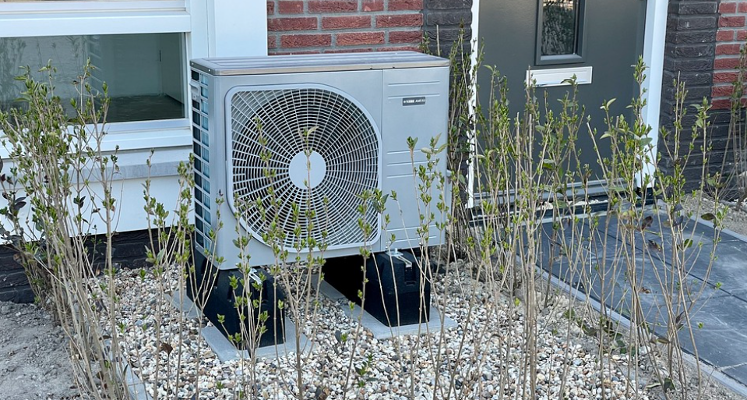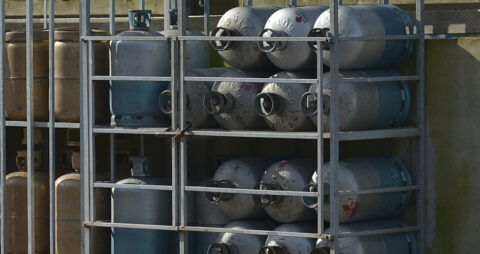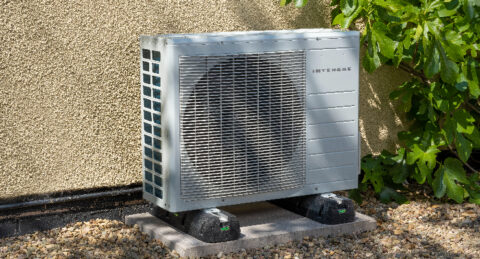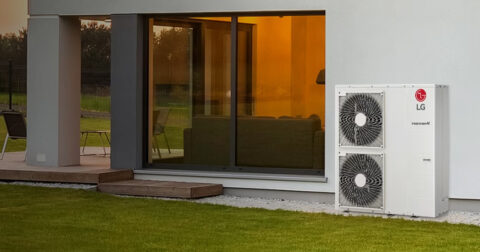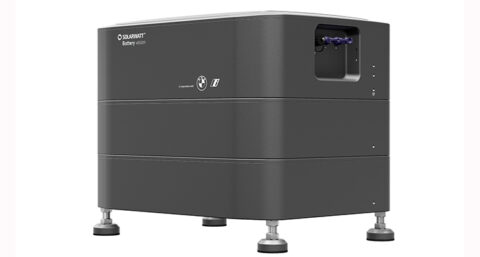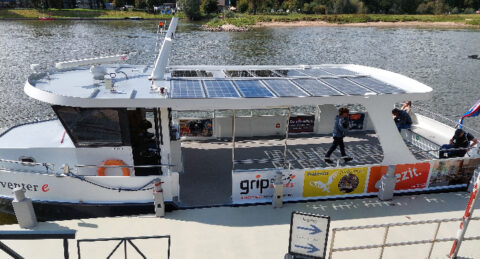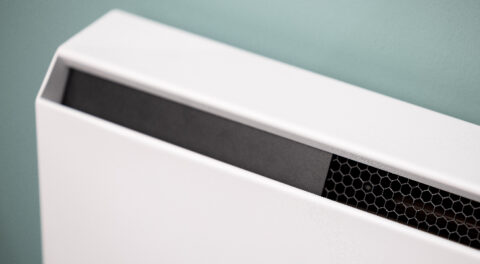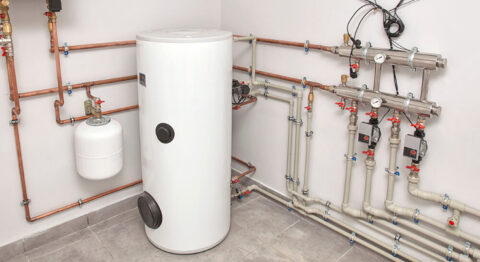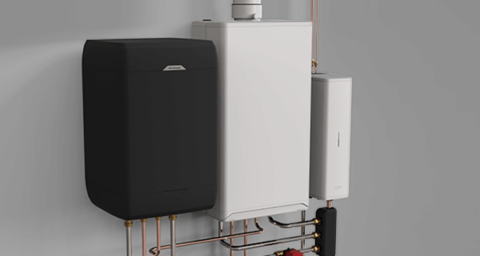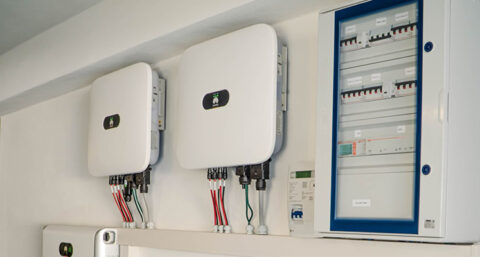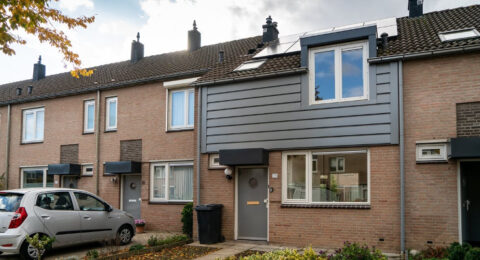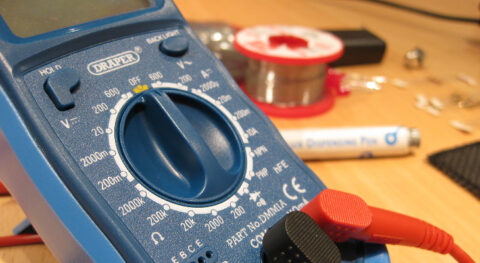Private individuals received 440 million euros in subsidies last year for implementing sustainable measures, according to recent figures from the Netherlands Enterprise Agency (RVO). This sharp increase marks a significant increase from the €251 million granted in 2022.
The sharp rise in energy prices in 2022 heralded the initial increase in demand for special energy schemes, a trend that has continued over the past year. Grant applications for renewable measures, including heat pumps, solar water heaters and various insulation measures, increased significantly. Heat pumps received most of the subsidy, followed by insulation measures such as glass insulation and roof insulation. Solar water heaters also received a significant share, with about 10 million euros in subsidies.
Every year the central government determines which sustainable measures are eligible for subsidies and how much funding is made available. The installation of solar panels, for example, is exempt from VAT, with no direct government subsidy. Nevertheless, the installation of solar panels often already proves profitable for individuals. In 2021, the scheme was adjusted and expanded, leading to an increase in subsidies for heat pumps and insulation.
40 million more
Additional subsidies are again available for 2024 in the form of the Sustainable Energy and Energy Saving Investment Subsidy (ISDE), whose pot has been increased to 600 million euros, 40 million more than the previous year. Part of this funding has been set aside for subsidies to entrepreneurs, who have already applied for 69 million euros in subsidies in 2023, mainly for heat pump systems.
Starting in 2024, homeowners will receive subsidies only for heat pumps with energy label A++ or higher. Additional subsidies will even be available for those with energy label A+++. In contrast, subsidies for solar water heaters will be reduced.
